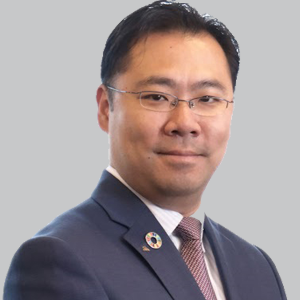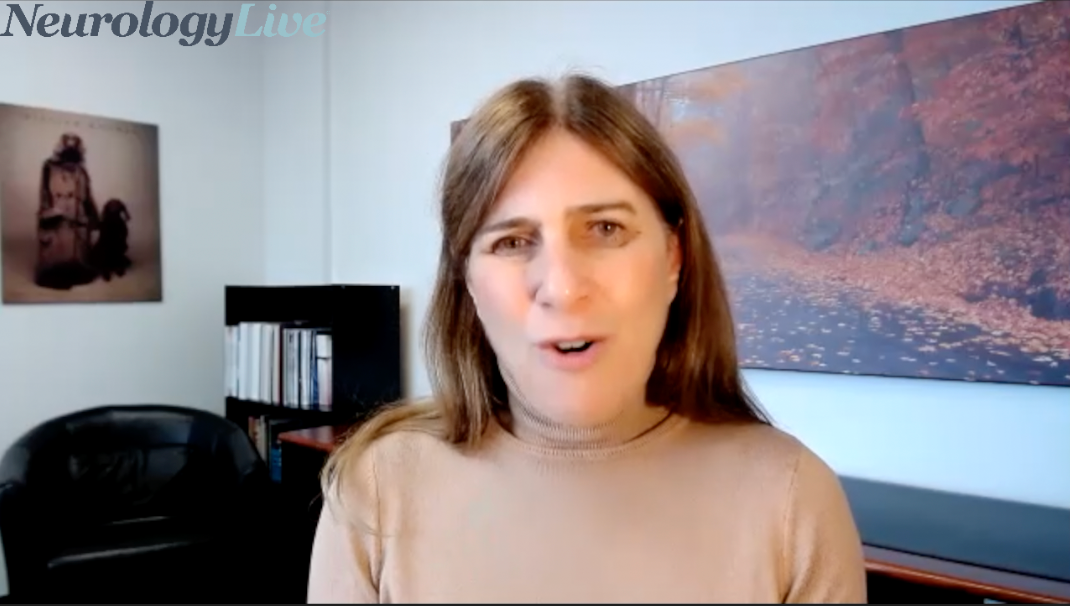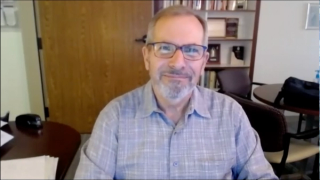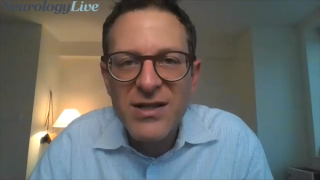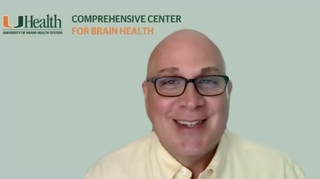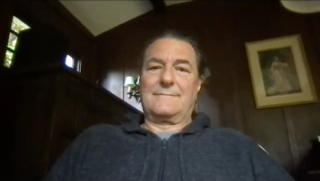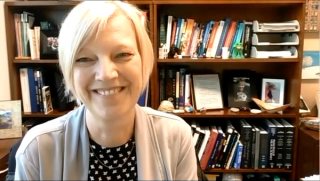
Dementia and Alzheimer Disease
Latest News
Latest Videos

CME Content
More News

Here's what is coming soon to NeurologyLive®.

Test your neurology knowledge with NeurologyLive®'s weekly quiz series, featuring questions on a variety of clinical and historical neurology topics. This week's topic is epilepsy and seizure disorders.

Take 5 minutes to catch up on NeurologyLive®'s highlights from the week ending April 22, 2022.
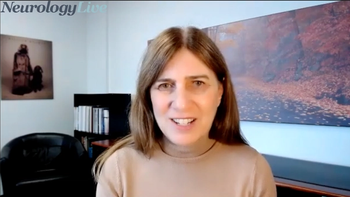
The neurologist and assistant professor at the University of Toronto provided insight on the differences between outcome measures for Alzheimer disease and how they factored into a new item-level analysis of aducanumab (Aduhelm; Biogen). [WATCH TIME: 3 minutes]
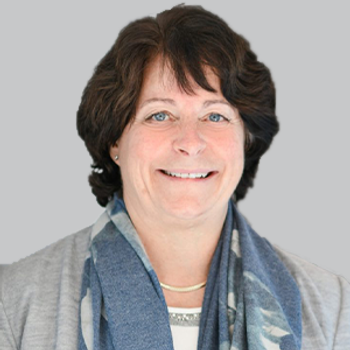
AbbVie Pulls Out of Partnership With BioArctic for Parkinson Disease Candidates, Including ABBV-0805
BioArctic CEO Gunilla Osswald, PhD, called the decision disappointing but noted that phase 1 data are supportive of ABBV-0805’s progression to phase 2 and that the company would “investigate options to continue the development” of the α-synuclein antibody.

Outcomes in TBI admission survivors at 24 months—including mortality, development of posttraumatic epilepsy, and use of antiseizure medications—were poorer for cases with early posttraumatic seizures after adjustment for confounders.
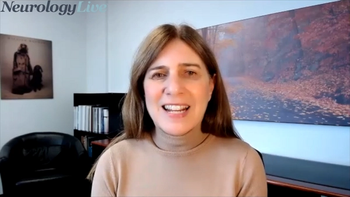
The neurologist and assistant professor at the University of Toronto detailed findings from a new analysis that supports meaningful treatment effect with aducanumab in Alzheimer disease. [WATCH TIME: 6 minutes]
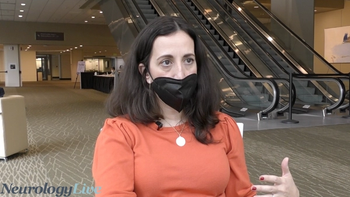
The professor of neurology at NYU Langone Grossman School of Medicine discussed what high-potential repurposed medications could be an option to treat symptoms of COVID-19 and the realistic possibility of clinical trials. [WATCH TIME: 4 minutes]

Here's what is coming soon to NeurologyLive®.

Test your neurology knowledge with NeurologyLive®'s weekly quiz series, featuring questions on a variety of clinical and historical neurology topics. This week's topic is headache and migraine.

When controlling for insulin and body mass index, the association between physical activity and cerebral glucose metabolism remained unchanged, while the association with gray matter volume was lost.
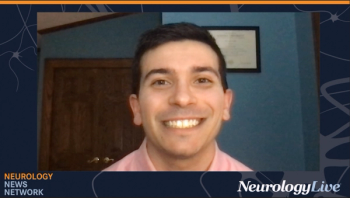
Neurology News Network for the week ending April 16, 2022 [WATCH TIME: 3 minutes]

Take 5 minutes to catch up on NeurologyLive®'s highlights from the week ending April 15, 2022.
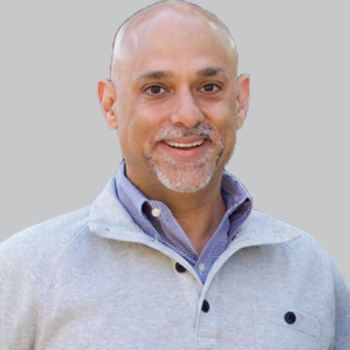
In addition to demonstrating significant differences in slowing functional decline, those on gamma sensory stimulation also demonstrated a significant reduction in brain atrophy relative to the sham group in the OVERTURE study.
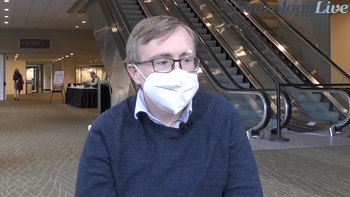
The assistant professor of neurology at the University of Pennsylvania discussed stroke risk among patients with COVID-19 and the need to seek neurological consultation. [WATCH TIME: 3 minutes]
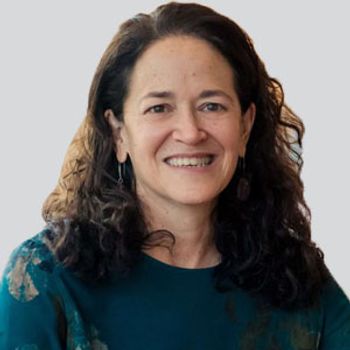
Adverse events were balanced across treatment and placebo groups, with no observed treatment-associated elevations in cerebrospinal fluid white blood cell counts or protein.
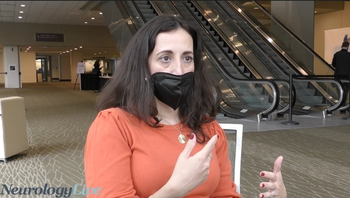
The professor of neurology at NYU Langone Grossman School of Medicine broke down the knowns and unknowns about long-term changes related to COVID-19, their legitimacy, and associations with neurodegenerative disorders. [WATCH TIME: 6 minutes]

Here's what is coming soon to NeurologyLive®.

Test your neurology knowledge with NeurologyLive®'s weekly quiz series, featuring questions on a variety of clinical and historical neurology topics. This week's topic is the history of the American Academy of Neurology.

Mind Moments®, a podcast from NeurologyLive®, brings you exclusive interviews with Jennifer Frontera, MD; Stephen Krieger, MD; Peter McAllister, MD; Kelly Knupp, MD, MSCS; Bruce Cree, MD, PhD, MAS; Shrujal Baxi, MD, MPH; and Indu Subramanian, MD. [LISTEN TIME: 32 minutes]

Take 5 minutes to catch up on NeurologyLive®'s highlights from the week ending April 8, 2022.
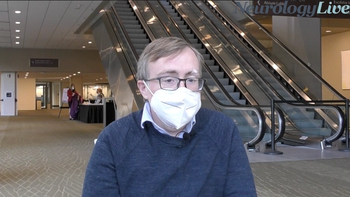
The assistant professor of neurology at the University of Pennsylvania discussed the similarities observed between the results of neurological exams in patients with COVID-19 vs other respiratory infections. [WATCH TIME: 3 minutes]
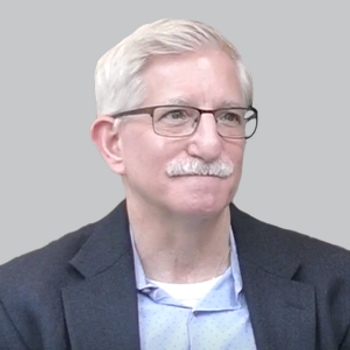
Seth M. Keller, MD, chair of the Section for Adults With IDDs at AAN, shared his perspective on the state of care for these individuals and the need to improve the difficulties they face when transitioning out of pediatric care.
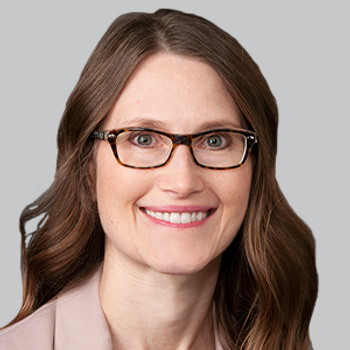
In an AAN 2022 Hot Topics plenary session, Miranda E. Orr, PhD, highlighted the potential of targeting senescent cells with senolytics as a therapeutic approach to age-related diseases such as Alzheimer disease, and detailed the ongoing phase 2 SToMP-AD clinical trial (NCT04685590).
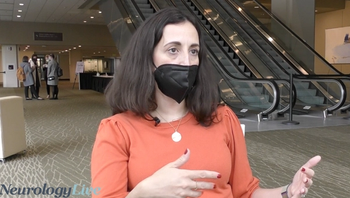
The professor of neurology at NYU Langone Grossman School of Medicine discussed her talk at AAN 2022 on neurological sequelae and follow-up in hospitalized and nonhospitalized patients with COVID-19. [WATCH TIME: 8 minutes]


